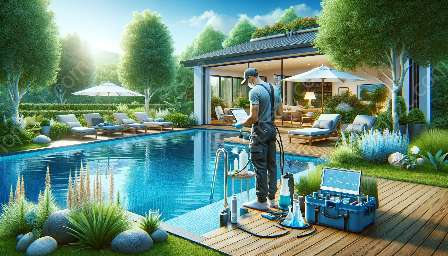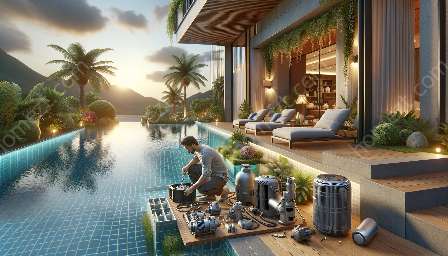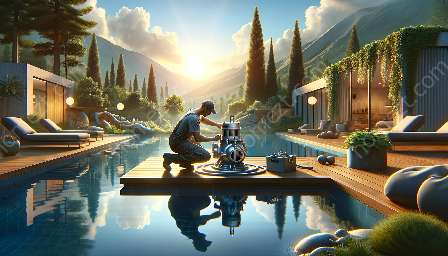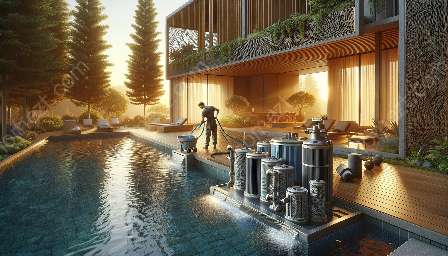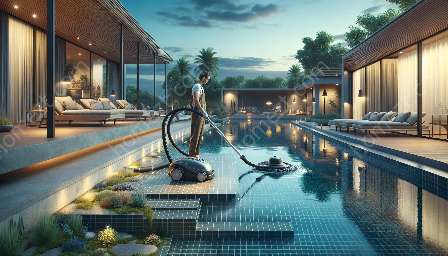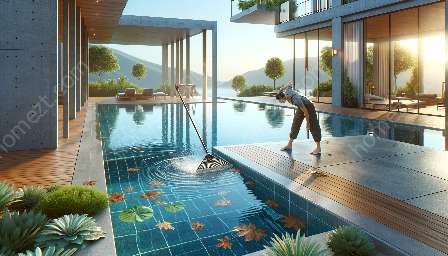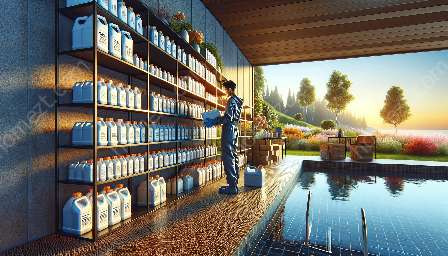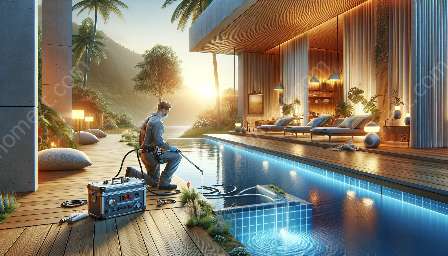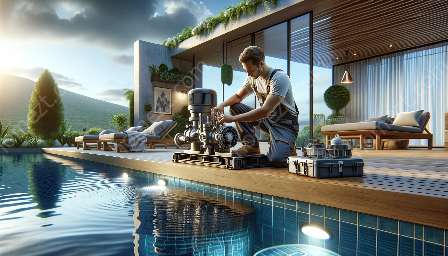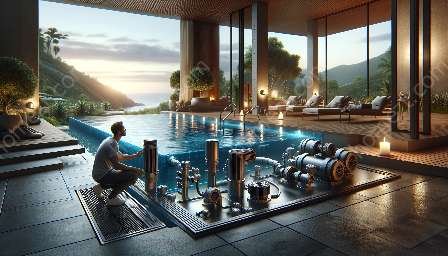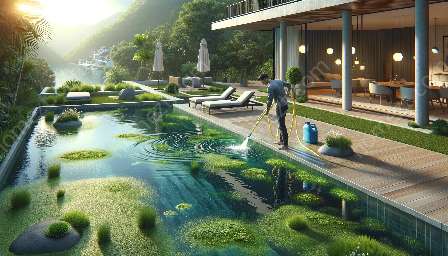Having a pool is a wonderful way to relax and enjoy the outdoors, but sometimes issues can arise that require troubleshooting. Whether you're a pool owner, a pool maintenance professional, or part of a domestic service team, knowing how to address common pool issues is essential for keeping the pool in top condition.
Understanding Pool Maintenance
Pool maintenance is the key to ensuring that your pool remains clean, safe, and enjoyable. Regular maintenance tasks include monitoring water quality, cleaning debris, inspecting equipment, and ensuring proper circulation and filtration. By staying on top of maintenance, you can often prevent many common pool issues from occurring.
Common Pool Issues
Even with regular maintenance, pool issues can still arise. Some of the most common problems include:
- Green water: Algae growth can cause green water, which indicates an imbalance in the pool's chemical levels or poor filtration.
- Cloudy water: Poor circulation or imbalanced chemicals can result in cloudy water, making the pool uninviting.
- Leaks: Pools can develop leaks in the structure, plumbing, or equipment, leading to water loss and potential damage.
- Low water level: Evaporation and leaks can cause the water level to drop, impacting the pool's functioning.
- Equipment malfunctions: Pumps, filters, and heaters can experience malfunctions, impacting the pool's circulation and temperature control.
Troubleshooting Pool Issues
When facing pool issues, the troubleshooting process involves systematic problem-solving to identify and address the underlying causes. Here are steps you can take to troubleshoot common pool issues:
- Water Testing: Start by testing the water to ensure that the chemical levels are within the recommended ranges. Adjust as needed to address imbalances and prevent algae growth.
- Circulation Check: Inspect the pool's circulation system, including the pump, filter, and skimmer, to ensure proper functioning. Clean or replace components as necessary.
- Inspect for Leaks: Look for any signs of leaks in the pool structure, plumbing, and equipment. Address any leaks promptly to prevent further damage.
- Equipment Maintenance: Regularly inspect and maintain pool equipment to ensure it operates optimally. Clean filters, lubricate moving parts, and troubleshoot malfunctions promptly.
- Adhering to Best Practices: Emphasize the importance of best practices for pool usage, such as showering before entering the pool, avoiding excess oils or lotions, and not urinating in the pool. These practices can help prevent water quality issues.
- Professional Assistance: For complex issues or those requiring specialized expertise, seek the assistance of a professional pool maintenance provider to diagnose and address the problem.
Domestic Services Integration
For those involved in domestic services, ensuring the pool is well-maintained and issue-free is an essential part of providing a top-tier experience for homeowners. By incorporating pool troubleshooting into domestic service offerings, professionals can ensure that the pool is always ready for use and that any issues are promptly addressed to maintain a pristine environment.
By understanding pool maintenance, being able to troubleshoot common issues, and integrating these practices into domestic services, pool owners and service professionals can ensure that the pool remains a source of enjoyment and relaxation for all.

